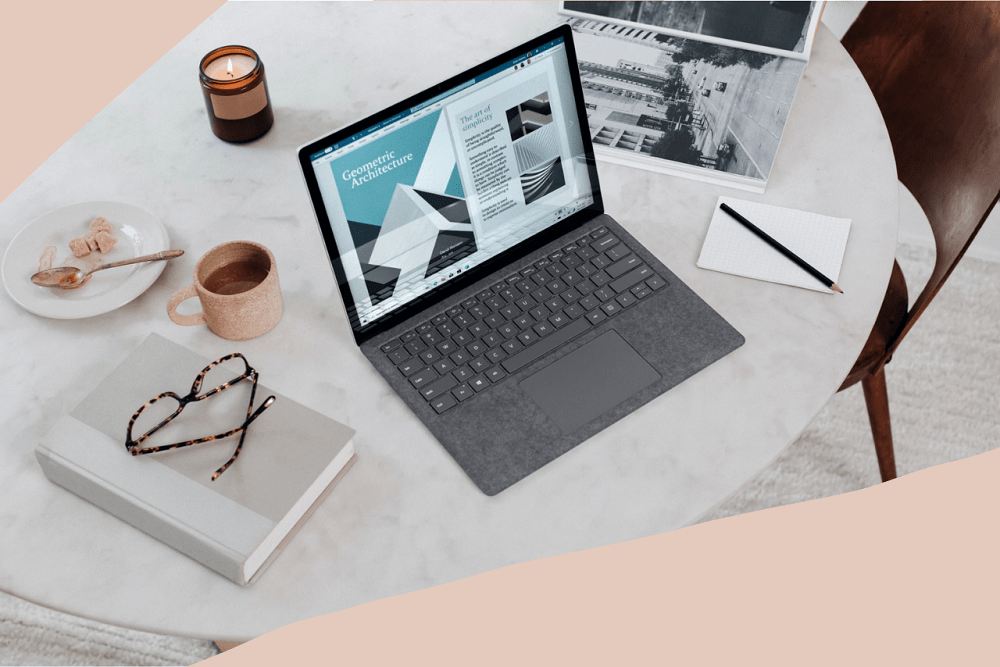Buying a computer can be a complicated and confusing process, with impenetrable jargon, data and deals looking to trip you up at every turn of your mouse’s scroll wheel.
Last year, as much of the population bedded in to their home offices and made plans to WFH ad finitum, PC sales experienced their first big growth in ten years. Now that a hybrid model of working has come into play, it seems likely that more adaptable computer models will likely be the beneficiary, sales wise, in order to meet the demand of flexible working’s needs.
As confusion and uncertainty reigns supreme over our working and social lives, so in tandem does purchasing a new computer present some puzzling decisions. Whilst we’re assuming you’re not completely new to computers (you are reading this on one after all), if you’re struggling with the basics regarding what you might need moving forward, then you’ve come to the right place; whether you’re working from home, doing flexi-time or back in the office, here’s which type of computer is right for you.
BASIC LAPTOPS
For those who tend to use their computers for typing, writing and riffing, a basic laptop is the most suitable choice, providing you with a machine that will be able to do the work you need without forcing you to spend a fortune. A machine like this will be good for basic tasks like checking emails and writing documents, though it may take a while to boot up.
The main downside with a basic laptop is that you can’t run especially advanced software or even stream with ease. Such laptops also tend to be rather clunky, cumbersome and difficult to transport easily. That said, if you’re using it solely for emails and writing, and not intending to always be on the move, a basic laptop should be fine.

TRAVEL LAPTOP
Similar to a basic laptop in terms of firepower, travel laptops are ideally suited for those intending to do just that; travel. Their portability is their USP; they’re slimline, lightweight and boast a narrower screen width, making them suitable for bringing with you wherever you go.
A travel laptop is the ideal choice for a digital nomad who is keen to travel light but still work on-the-move. That said, they possess little in the way of processing power, making more advanced tasks difficult to complete. If you need to run software that needs a powerful laptop, perhaps an ultrabook might suit you better…
ULTRABOOKS
Ultrabooks are essentially thin laptops that have been designed to be as fast as possible. Machines like this don’t tend to have dedicated graphics and won’t be good for gaming, but their CPU will be powerful enough to handle complex software like Photoshop and FL Studio. When buying an ultrabook, it’s important to note that different styles of this type of device are designed for different purposes, tools, platforms and software.
NETBOOKS & TABLETS
Even more portable (and, potentially, processing poor) are netbooks and tablets, which are ideal for those who like to read news, watch videos, and scroll while on the move. They’re not best suited for working from home or for digital nomads who need to write and email while travelling, but when bought with a connectable keyboard, a netbook or tablet can be a capable replacement for a travel laptop in the short term.

OFFICE/HOME DESKTOPS
Many office workers who moved to home working in early 2020 invested in a home desktop to enable more diligent task completion and deadline meeting. Generally speaking, machines like this won’t be suitable for gaming, but they will have enough power to handle tasks like emails and word processing.
For those WFH, desktops provide the best option in terms of comfort; the screens are larger, the mouse and keyboard more ergonomically sound, and therefore, are less likely to lead to repetitive strain injury or desk-related posture issues.
What’s best, though, is that you can upgrade a machine like this, giving you the chance to make it more powerful as your needs (and the demands of software) increase. This means that a basic machine like this can have the potential to be a gaming computer in the future.

GAMING DESKTOPS
Gaming desktops give you a lot more power than a basic home or office option, with a dedicated graphics card that will make it possible to run your favourite games. A gaming desktop computer can be a good choice for those who want to play games, run complex or demanding software, and enjoy content streaming. Of course, though, you need to make sure that the gaming computer you choose is able to run the games you want to play.
As you can see, there are a lot of different types of computers on the market. This article only scratches the surface, and it will always be worth doing some research to make sure that you’re choosing the right computer for the tasks you want to perform.





